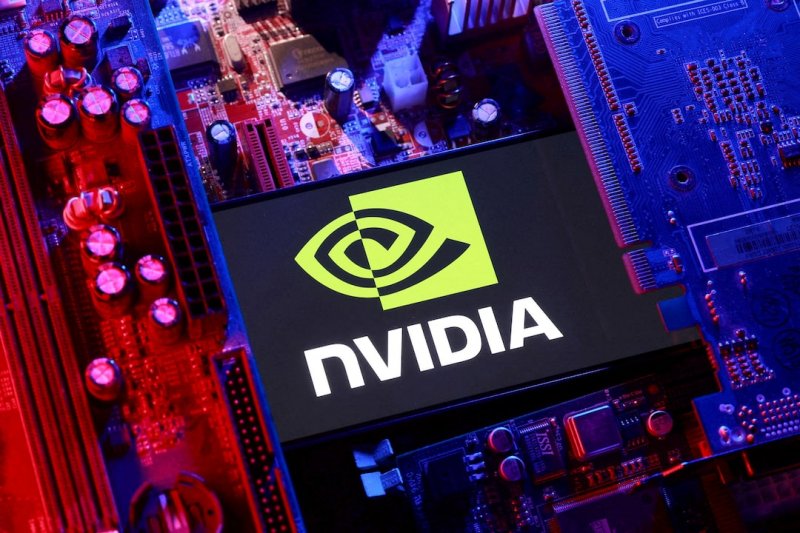China has intensified customs inspections on imported Nvidia AI chips, including models such as the H20 and RTX Pro 6000D, in a move widely interpreted as part of a broader strategy to strengthen control over the flow of advanced semiconductors into the country. The inspections, reported at several major Chinese ports, come amid deepening U.S.–China technology tensions and expanding trade restrictions on the AI chip sector.
Increased Scrutiny at Ports
Chinese customs authorities are reportedly verifying shipment details, import licenses, and end-use declarations for high-performance AI hardware. The heightened scrutiny focuses particularly on chips with significant computational power, such as those used in data centers, AI training, and enterprise systems.
Industry observers note that the move aligns with Beijing’s broader goal of reducing reliance on U.S.-designed processors while strengthening its domestic semiconductor industry. The inspections are seen as part of China’s strategy to manage foreign technology inflows and ensure compliance with new local sourcing and usage regulations.
Nvidia’s H20: A Key Target
The Nvidia H20 chip, designed specifically for China to comply with U.S. export restrictions, has become one of the most sought-after AI accelerators in the Chinese market. Its restricted availability, combined with new customs checks, may cause supply chain delays and further complicate relationships between U.S. chipmakers and Chinese buyers.
Geopolitical and Economic Implications
Analysts view the tighter inspections as both a regulatory safeguard and a geopolitical signal. On one hand, they reinforce China’s determination to assert control over high-tech imports; on the other, they reflect the widening fracture in global semiconductor trade networks. The move follows renewed U.S. warnings to chip manufacturers about exports to China and fresh tariff threats aimed at key technology sectors.
Industry Reactions and Future Outlook
While Chinese officials describe the enhanced checks as routine regulatory measures, market analysts interpret them as a calculated response to U.S. efforts to curb China’s access to cutting-edge AI technologies. Businesses importing Nvidia products may now face longer processing times and additional administrative hurdles, signaling an era of stricter control and political sensitivity across the global chip supply chain.
Semiconductors in the Crossfire
As both nations intensify efforts to achieve technological self-sufficiency, the semiconductor industry remains at the center of a growing geopolitical rivalry. The latest developments mark yet another escalation in the global struggle for dominance in artificial intelligence and advanced computing — a contest increasingly defined by policy, politics, and national security concerns.

